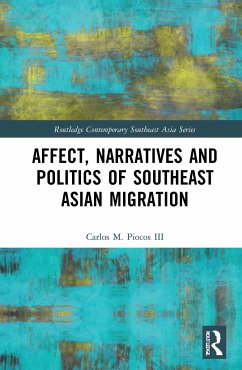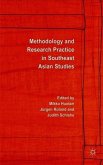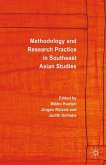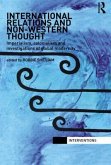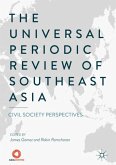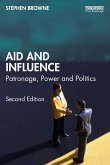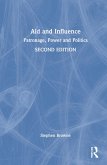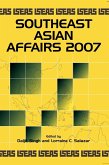This book explores the politics of gendered labor migration in Southeast Asia through the stories and perspectives of Indonesian and Filipina women presented in films, fiction, and performance to show how the emotionality of these texts contribute to the emergence and vitality of women's social movements in Southeast Asia.
By placing literary and filmic narratives of Filipina and Indonesian domestic workers in Hong Kong and Singapore within existing conversations concerning migration policies, the book offers an innovative approach towards examining contemporary issues of Asian migration. Furthermore, through rich ethnographic accounts, the book unpacks themes of belonging and displacement, shame and desire, victimhood and resistance, sacrifice, and grief to show that the stories of Filipina and Indonesian migrant women don't just depict their everyday lives and practices but also reveal how they mediate and make sense of the fraught politics of gendered labor diasporaand globalization. Contributing to the "affective turn" of feminist and transnational scholarship, the book draws insight from the importance and centrality of affect, emotions, and feelings in shaping discourses on women's subjectivity, labor, and mobility. In addition, the book demonstrates the issues of vulnerability and agency inherent in debates on social exclusion, human rights, development, and nation-building in Southeast Asia.
Offering an innovative and multidisciplinary approach to analyses of Asian migration, this book will be of interest to academics in the fields of Asian Studies, literary and cultural studies, film studies, gender and women's studies, and migration studies.
By placing literary and filmic narratives of Filipina and Indonesian domestic workers in Hong Kong and Singapore within existing conversations concerning migration policies, the book offers an innovative approach towards examining contemporary issues of Asian migration. Furthermore, through rich ethnographic accounts, the book unpacks themes of belonging and displacement, shame and desire, victimhood and resistance, sacrifice, and grief to show that the stories of Filipina and Indonesian migrant women don't just depict their everyday lives and practices but also reveal how they mediate and make sense of the fraught politics of gendered labor diasporaand globalization. Contributing to the "affective turn" of feminist and transnational scholarship, the book draws insight from the importance and centrality of affect, emotions, and feelings in shaping discourses on women's subjectivity, labor, and mobility. In addition, the book demonstrates the issues of vulnerability and agency inherent in debates on social exclusion, human rights, development, and nation-building in Southeast Asia.
Offering an innovative and multidisciplinary approach to analyses of Asian migration, this book will be of interest to academics in the fields of Asian Studies, literary and cultural studies, film studies, gender and women's studies, and migration studies.

